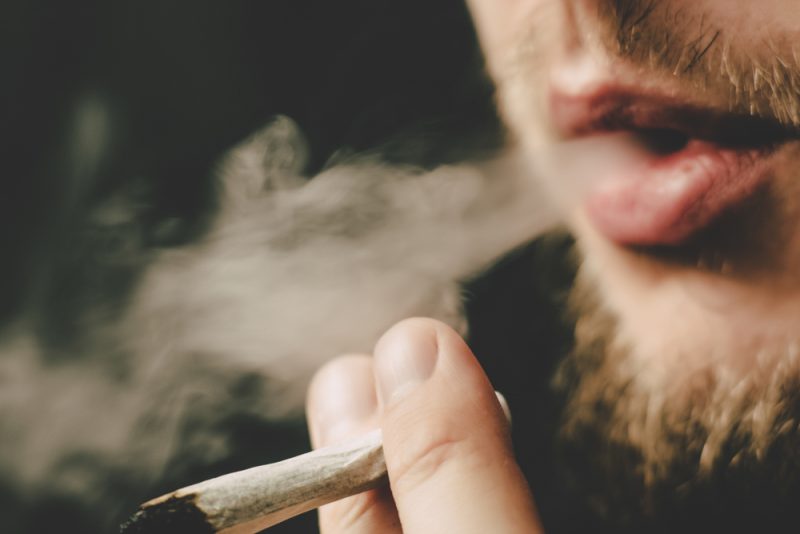Treating Marijuana addiction
2018.12.19

Marijuana is one of the most regularly used illegal drug in the United States. It is referred to by other names like pot, weed, grass, cannabis, hemp, hash, and many others. It is grown extensively across the globe and is a primary recreational drug in the US. The growing social acceptance of marijuana is behind the addiction problem. After all, it can be very tough to give marijuana, and it is indeed one of the hardest substances to give up. Most people with marijuana addictions and those around them do not think much about the addiction problem because of the growing acceptance.
Marijuana is closely related to a species known as hemp and refers to the extracts of the plant Cannabis sativa as well as its leaves and flowers. National Survey on Drug Use and Health data shows nearly 115 million Americans have used marijuana at some point in their life. There is about sixty percent rise in emergency visits in hospitals that involve marijuana.
What Makes Marijuana Addictive?
There are more than 400 chemicals present in marijuana, and one of them is delta-9-tetrahydrocannabinol or THC. THC is responsible for the significant effect the drug has on the mental state of the person who consumes marijuana. THC is what makes marijuana addictive.
Symptoms of Marijuana addiction
Individuals who use marijuana on a daily basis gradually become chronical addicts. Marijuana addicts may also be addicted to other substances and may suffer from psychiatric disorders. These addicts show signs and symptoms of euphoria, drowsiness, bloodshot eyes, increased appetite, increased heart rate, slowed reflexes and dry mouth. Individuals who use marijuana for long periods of time grow dependent on it When they are not able to get marijuana, they experience cravings and anxiety. The addicts will go to any length to get more marijuana, and the persistent addiction impacts their other areas of life like poor work performance and lack of interest in activities.
Treating Marijuana addiction
There are no medicines available to manage Marijuana addiction, but there are professional detoxification facilities that can help get rid of marijuana dependence. The patients need a safe, secure and supportive place to get rid of marijuana dependence. Sedative medications are used to keep the patients calm so that they do not hurt themselves as there is always the risk of panic attacks and severe anxiety. As sleep problems are prominent in marijuana withdrawal, some medications that aid in sleep and keep the patient relaxed include zolpidem and gabapentin.
The patient may be kept in inpatient and outpatient rehabilitation based on the specific needs and condition. Apart from the medication, he also needs counselling and aftercare programs to lead a drug-free lifestyle. A one-on-one session with a therapist and involvement of family is beneficial. Motivational Enhancement Therapy and Cognitive Behavioural Therapy try to change the negative thought patterns because of the marijuana use. The aftercare support group based on a network of other people can help one overcome marijuana dependence.
More Articles
Copyright © Fooyoh.com All rights reserved.